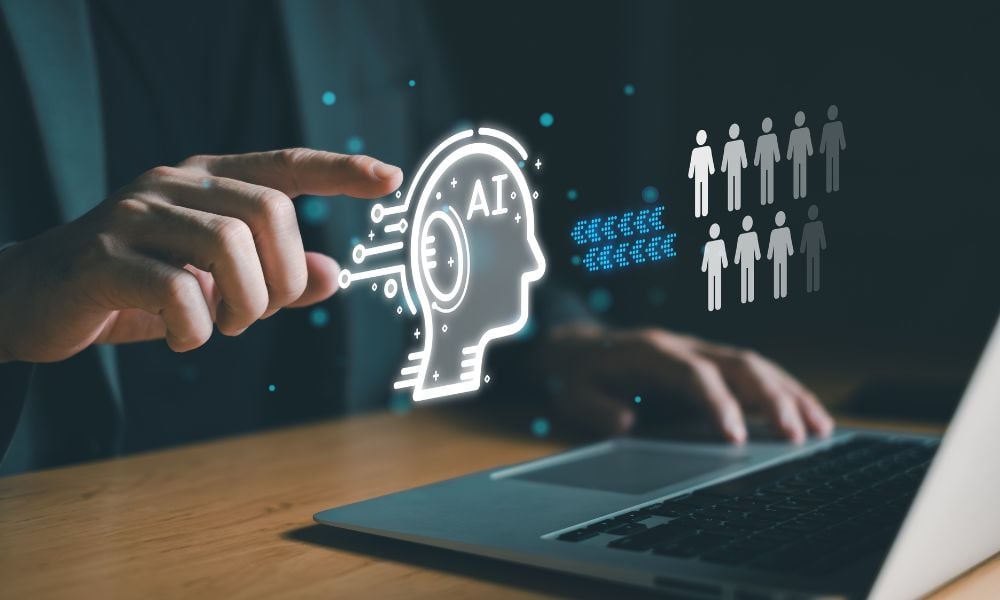
Experts discuss 'next frontier' of AI in workforce

In the wake of widespread interest for Agentic AI, experts are giving assurance that this developing technology will not replace the workforce anytime soon, according to reports.
Agentic AI is dubbed by Nvidia as the "next frontier" of artificial intelligence. It uses sophisticated reasoning and iterative planning to autonomously solve complex, multi-step problems.
Findings from IBM and Morning Consult recently revealed that 99% of 1,000 developers who are building AI applications for companies are exploring or developing AI agents.
Anothai Wettayakorn, IBM Thailand's country general manager, said AI Agents are "software designed to automate tasks, acting assistants in understanding, planning, reasoning, and executive activities."
"Powered by Large Language Models, they connect with various tools and systems to achieve specific goals," Anothai said as quoted by Thailand-based online newspaper The Nation.
According to IBM, there have been four significant developments in Agentic AI compared to the best models 12 to 18 months ago. These developments are in the following four key areas:
Chris Hay, Distinguished Engineer at IBM, said with these things in play, AI will be able to reason and come back with good answers.
"It can use inference-time compute. You'll have better chains of thought and more memory to work with. It's going to run fast. It's going to be cheap. That leads you to a structure where I think you can have agents," Hay said in an IBM insight.
The rapid development of Agentic AI comes amid spreading AI-related job insecurity across employees. In fact, data from the World Economic Forum this year revealed that 41% of employers plan to downsize their workforce where AI can replicate people's work.
But Anothai said this will not likely be the case for Agentic AI.
The IBM country manager underscored the transformative potential of Agentic AI in automating workflows, analysing data, and empowering human employees. However, he stated that the technology will not be ready to fully replace employees in 2025, especially in complex and sensitive roles.
"Developing AI Agents capable of complex decision-making requires significant advancements in contextual reasoning," he said as quoted by The Nation. "Human decision-making is not solely based on logic; experience and empathy play critical roles."
Marina Danilevsky, Senior Research Scientist, Language Technologies at IBM, said the use of agents will settle down into an "augmented sort of role."
"You're still going to have cases where as soon as something gets more complex, you're going to need a human," Danilevsky said in an IBM insight. "You're supposed to constantly have a human, and the human is being helped, but the human makes the final decisions."
Hay also echoed similar sentiments.
"If we do this right, AI is there to augment humans to do things better. If AI is done correctly, then it frees us up to do more interesting things," he said.
He noted, however, that there is a risk of AI receiving more priority in the future.
"There is a real risk that when done badly and wrongly, that we end up with humans augmenting the AI as opposed to the other way around."
According to Anothai, governance is crucial in the responsible use of Agentic AI, stressing that errors should be addressed in development, while auditability and transparency should be maintained.
"Even with advanced AI, the responsibility ultimately lies with us," he said. "Governance, transparency, and auditability are crucial."